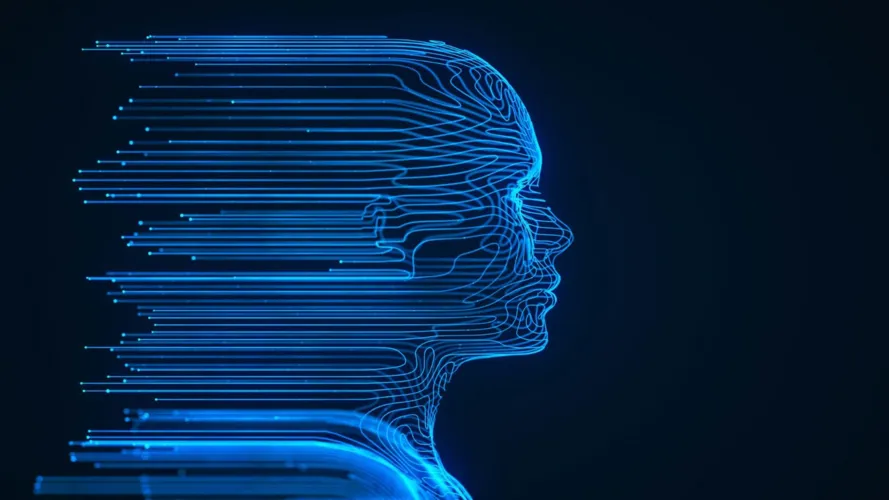Saudi Logistics Sector Outlook Sees a 10X Growth in 8 Years
Saudi Arabia is rapidly transforming into a global logistics powerhouse, with the Saudi logistics sector outlook projecting $198.9 billion revenue by 2030, up from $136.3 billion in 2024, the Kingdom is redefining trade and supply chain dynamics in the region. Let’s explore the key factors driving this expansion.
Since launching Vision 2030, Saudi Arabia has prioritized logistics as a cornerstone of economic diversification. The National Industrial Development and Logistics Program (NIDLP) has played a pivotal role, scaling infrastructure and improving transport connectivity.
This strategic commitment has led to a tenfold increase in sector value—from $19 billion in 2016 to its current trajectory. Key projects include expanding port facilities, modernizing customs procedures, and developing smart warehousing solutions.
Ranked 38th on Global Logistics Index: Saudi’s Rapid Rise
Saudi Arabia’s logistics overhaul has propelled the country 17 places higher in the World Bank’s Logistics Performance Index (LPI), from 55th in 2018 to 38th in 2023. This sharp improvement reflects enhanced efficiency across transportation networks, digital trade facilitation, and customs modernization.
A core aspect of this rise is the expansion of free zones, which offer tax incentives and streamlined business regulations. These strategic hubs attract major global players, reinforcing Saudi logistics sector outlook as a leader in MENA trade.
Public-Private Partnerships Secure $50B in Logistics Investment
Saudi Arabia has embraced Public-Private Partnerships (PPPs) as a key enabler of logistics growth. Over 200 PPP projects are in various stages of development, while another 300 are under review, collectively valued at $50 billion.
These investments accelerate the Kingdom’s logistics capabilities, fostering partnerships with global firms such as Agility and Shipa Delivery. By enabling private-sector innovation and funding, Saudi Arabia is ensuring long-term sector sustainability.
Technology and AI Propel Saudi Logistics Into the Future
The integration of AI, IoT, and blockchain into logistics operations has positioned Saudi Arabia as a digital leader in global trade. Smart logistics management systems enhance supply chain visibility, reducing delays and optimizing transport routes.
Blockchain-enabled customs clearance streamlines international trade, while big data analytics helps predict market demand shifts. As a result, the Saudi logistics sector outlook forecasts sustained efficiency improvements in inventory and freight management.
Sustainability Takes Center Stage: Saudi’s Green Logistics Revolution
Saudi Arabia is embedding sustainability into its logistics blueprint through the Saudi Green Initiative (SGI). The Kingdom is advancing toward net-zero emissions by 2060, with logistics playing a central role in this transition.
From solar-powered warehouses to electric transportation fleets, Saudi Arabia is implementing green solutions to reduce carbon footprints. By prioritizing sustainability, the Kingdom aligns itself with global trade partners demanding environmentally conscious logistics operations.
Conclusion: Saudi Arabia’s Logistics Blueprint for MENA Expansion
Saudi Arabia’s logistics evolution is defined by strategic investment, technological advancements, sustainability initiatives, and public-private collaboration. The Saudi logistics sector outlook underscores its position as a gateway for international trade.
By following Saudi Arabia’s roadmap, other MENA nations can enhance competitiveness, attract foreign investment, and drive economic growth—proving that logistics innovation is a game-changer in the modern economy.
Also Read: Saudi Arabia E-Commerce Market: A $29 Billion Transformation by 2030







